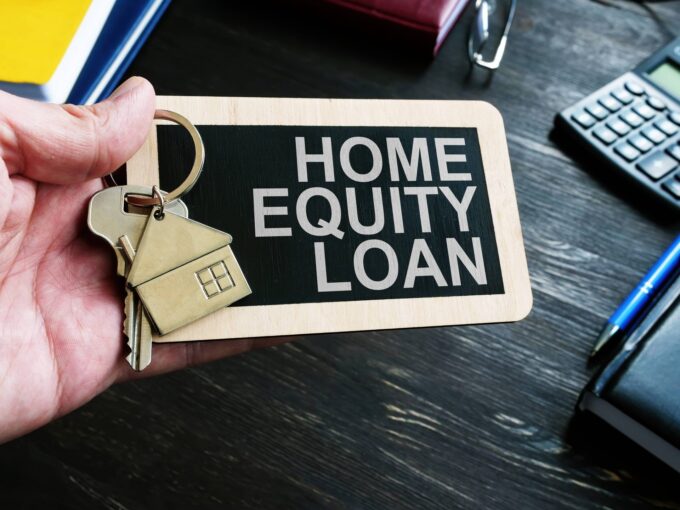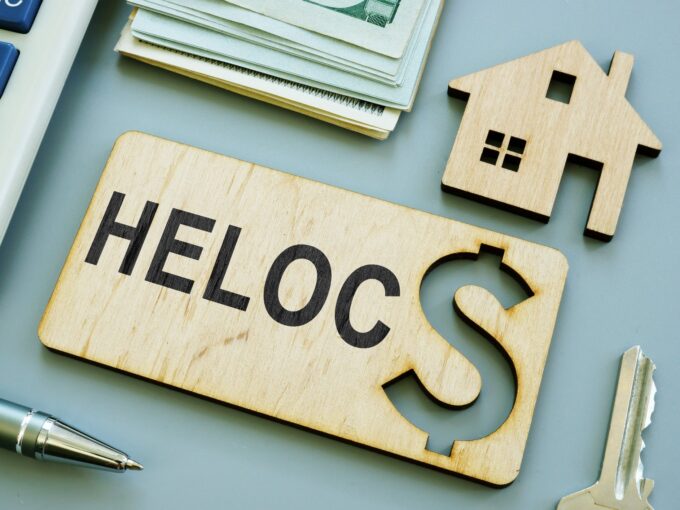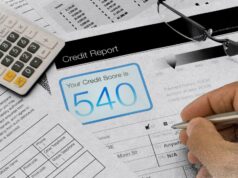A home equity loan is a method of obtaining funds by leveraging your home’s available equity. Also known as the second mortgage, this kind of loan usually has lower interest rates compared with other kinds of loans. Like your primary mortgage, a home equity loan is secured by your house.
So, if for some reason you find yourself needing funds, you can use your home equity as collateral to borrow money. This article can help you navigate the intricacies of home equity loans, as wells as other options.
Equity Definition
Equity is the difference between the sum of your loan to the lender on your primary mortgage and your home’s market value. To put it another way, equity is the money you’ll get if you were to unload your house after you’ve paid off your first mortgage. For example, if your home’s market value is USD$200,000 and your mortgage is USD$150,000, the USD$50,000 remainder would be your equity.
Your equity can increase if you’ve made timely payments over the years and you’ve made serious inroads into the principal. Another way to increase your equity is through appreciation. Basically, your home’s value will also appreciate if the value of the homes in your neighborhood increases. And if your house now costs more than its original value, your equity will also increase.
It’s important to know how much your home equity is worth. Home equity can be used by a homeowner as collateral for a home equity loan to fund various projects and activities. So, if you know how much your home equity is, you’d have a ballpark figure of how much you can borrow. You can visit empowerfcu.com to learn more about home equity loans.
Home Equity Loan Application

The approval process for a home equity loan is quite similar to the steps you took for your first mortgage. The lender will determine your credit score to find out if you’re a credit risk. Your chance of being approved for a loan is much higher if you have a high credit score. A high credit score could also help you get a favorable interest rate. So, if you want to have the option of taking out a home equity loan later, take care not to mess up your credit score.
Also, similar to what you did when you applied for your first mortgage, you’d have to provide your tax returns, pay stubs, and, of course, the deed to your property, among other things. Creditors would want to make sure that you can pay the monthly installments to your first mortgage and your home equity loan.
Usually, creditors don’t want their clients to be saddled with a combined debt payment of more than 43% of their monthly earnings. The borrower wouldn’t be able to maintain payments for both the home equity loan and the first mortgage if that’s the case.
It’s usually a good practice to look around first for various lending institutions and banks before settling on one. These financial institutions can have different qualifications, terms, fees, as well as rates. To get an idea of what to expect, you’d need to calculate your home equity. A financial institution generally gives favorable terms to a borrower with a good credit standing.
Home Equity Loan Benefits

Compared with other types of loans, a home equity loan is easier for a homeowner to apply for. Risk is minimal for the lending institutions.
A lump sum, which means a one-time payment, is what you’ll get from a financial institution if you’re home equity is approved. Lump-sum payments can give you flexibility when it comes to covering significant expenses. Payment for the loan amount is made monthly.
It includes accrued or accumulated interest, plus the principal for the number of years agreed upon between you and the financial institution. Keep in mind, though, that if you sell your home, your home equity loan should be paid in full.
Tax Deduction

If your home equity loan was specifically used for renovating your house, you might be eligible for a tax deduction for the loan’s interest that you’re paying. For further information about this deduction, you should consult a tax expert.
Fixed Interest Rate

Usually, a home equity loan has a fixed interest rate. Compared with the interest rates of other consumer loans or credit cards, a home equity’s interest rate is lower. A fixed interest rate, especially during uncertain times, is easier to budget for.
Budgeting for your monthly expenses is simpler because the monthly installment would remain the same for the duration of the loan. Simply put, the interest rate isn’t subject to change.
Home Equity Loan Alternatives

HELOC, or Home Equity Line of Credit, is also sometimes used to refer to home equity loans. However, with HELOC, you have the option of taking out from the loan only the amount of money that you need. For instance, let’s say that your HELOC is for the amount of USD$20,000. However, the actual cost of your needed roof repairs comes to only USD$10,000.
This means that you only have to pay back the actual money that you spent on repairing your roof, which is USD$10,000. HELOCs, however, typically don’t have fixed rates. Instead, they have adjustable rates, so your monthly installments could vary.
You could also try cash-out refinance as an alternative to a home equity loan. A cash-out refinance refers to replacing an existing mortgage with a new home loan. But this time, the new loan is more than what you owe on your property. You’ll receive the difference in cash, which you can spend on whatever project you’ve earmarked the money for.
Refinancing is typically a common method of replacing the old mortgage with a loan that usually offers better terms to the debtor. A debtor, or borrower, could potentially renegotiate for a lower interest rate and reduce monthly payments, the mortgage term length, and others.
Conclusion
If you find yourself in need of funds to cover a substantial expense, such as payment for your child’s education, home renovations, various debt payments, or any other types of financial emergencies, a home equity loan is a viable option.
And because you’d be borrowing against your property’s value, the interest rate is better than other consumer loans.
You also have the option of availing of other loans, like HELOC and refinancing, which are also loans that use the value of your home equity as collateral.









